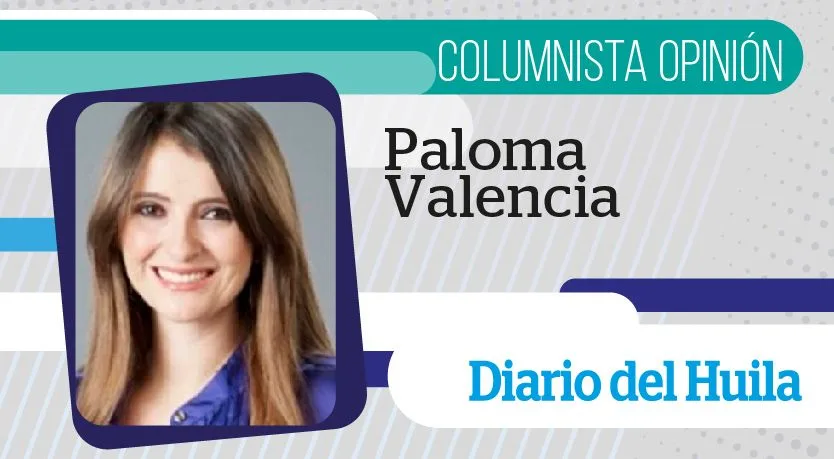By: Paloma Valencia
The president once again gave a monologue on climate change at the United Nations where he proposed to end the extraction of oil, coal and gas. On September 20, 2022, he had already said at the UN that coal and oil were worse than cocaine. In November 2022 at COP27, a decalogue was invented to face the climate crisis. He speaks bombastically, full of impressions and fallacies but with the tone of a sage. The truth is that they are only words; His policies in eight months are ending the energy transition in the country.
Colombia has a diversified matrix. 68% of power generation in Colombia is hydraulic and only 31% is thermal. However, the Petro government decided to put an income tax surcharge on the country’s hydroelectric plants in the tax reform approved last year. This is exacerbated when there is a probability of more than 60% of an El Niño phenomenon by 2023 according to NOAA. The lack of rain will lead us to low reservoirs, and it is estimated that by the first quarter of 2024 the thermal plants will need to be turned on to cover close to 50% of the energy demand. That is, we will need gas and coal.
The president also had the Escazú treaty approved, which further complicates the already tangled legal security of investments and can refer national decisions to international institutions. The two largest wind projects in the country, Alpha and Beta, in La Guajira are on hold. Projects that would generate 492 megawatts (MW) and whose prior consultation process was archived by the ANLA. We go wrong.
And they are not the only projects stopped. Of the 82 projects with non-conventional renewable sources that we have under construction for 2023-2024, 65% are stopped due to paperwork, this is 52. According to the Renewable Energy Association-SER- 32% of the projects stopped are due to paperwork before the Regional Autonomous Corporations, another 29% before the UPME, 14% by Network Operators, 8% by ANLA and the rest for procedures before ANI, INVIAS and mayors’ offices. This is added to the fact that 47 projects do not have contracts and are pending financial closure.
Gas has been recognized as the fuel of the energy transition. 36 million Colombians use gas and it supports 15% of the installed capacity for electricity generation. Colombia has advanced to the point of having more than 3,000 natural gas vehicles and more than 1,300 cargo vehicles. Gas has been shown to reduce emissions of fine particulate matter and sulfur oxides by 99%, compared to Diesel. In addition, it represents reductions of nitrogen oxides of up to 75% and of carbon dioxide of up to 50%.
Around 5.4 million Colombians still cook with firewood and the most feasible way to get there is with liquefied gas. We have presented a proposal to subsidize cylinder gas for those departments where more than 10% of the population still cooks with firewood. However, the president is going in the opposite direction. That Colombia does not produce gas, prohibit the fracking on which our future gas depends, and only because it wants to import gas from Venezuela, a gas of terrible quality that finances the dying dictatorship.
The National Development Plan has an article that increases the energy transfer tax from non-conventional sources of renewable energy from 1% to 6%, while maintaining coal from thermal plants at 4%. What incentives will clean energy have? More money for the CARs that more than environmental are the share of so many corrupt politicians.
The energy transition is in danger, it is not advancing.
